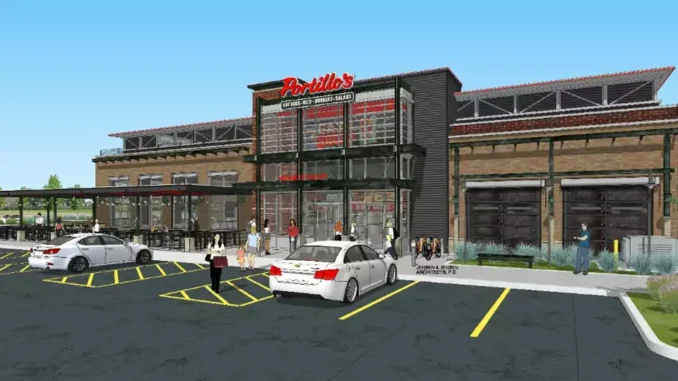
By RTN staff - 5.17.2025
The week of May 11, 2025 showcased several advancements in restaurant technology.
Wingstop Unveils AI-Powered Smart Kitchen
Wingstop introduced its AI-driven “Smart Kitchen” system, designed to predict demand in 15-minute intervals using over 100 data points. This innovation has halved average order fulfillment time to approximately 10 minutes, even during peak periods like Super Bowl Sunday. The system is currently operational in Dallas/Fort Worth and Las Vegas, with plans for nationwide implementation by year’s end.
Wonder Secures $600 Million for Expansion
Food hall and delivery startup Wonder raised $600 million in new funding, elevating its valuation to over $7 billion. The capital will support national expansion and further investment in technology, logistics, and customer experience. Wonder’s model combines multiple virtual restaurant concepts under one roof, collaborating with renowned chefs to offer diverse cuisines.
Fast-growing chain Slim Chickens is utilizing artificial intelligence and geotargeting to personalize marketing efforts. By tailoring media spending based on local consumer behavior and mobile data, the brand aims to enhance customer engagement. Additionally, AI assists in menu optimization and drive-through ordering, contributing to the company’s rapid expansion plans.
Portillo’s Introduces ‘Restaurant of the Future’ in Texas
Portillo’s is launching its “Restaurant of the Future” model in Grapevine, Texas. The new design features a smaller footprint of approximately 5,500 to 6,000 square feet, double drive-through lanes, an order-ahead lane, and indoor pickup stations. The interior includes self-serve drink stations and kiosks, aiming to enhance operational efficiency and reduce buildout costs.
Takeout Becomes Cultural Norm
A report by the National Restaurant Association revealed that takeout has evolved from a convenience to a cultural norm, with 75% of restaurant traffic involving takeout, including drive-thru and pickup. Speed, efficiency, and value are key drivers, especially among Gen Z and Millennials. Technology, including AI-powered assistants, is playing a significant role in shaping this trend.
These developments underscore the restaurant industry’s ongoing commitment to leveraging technology to meet evolving consumer demands and operational challenges.

